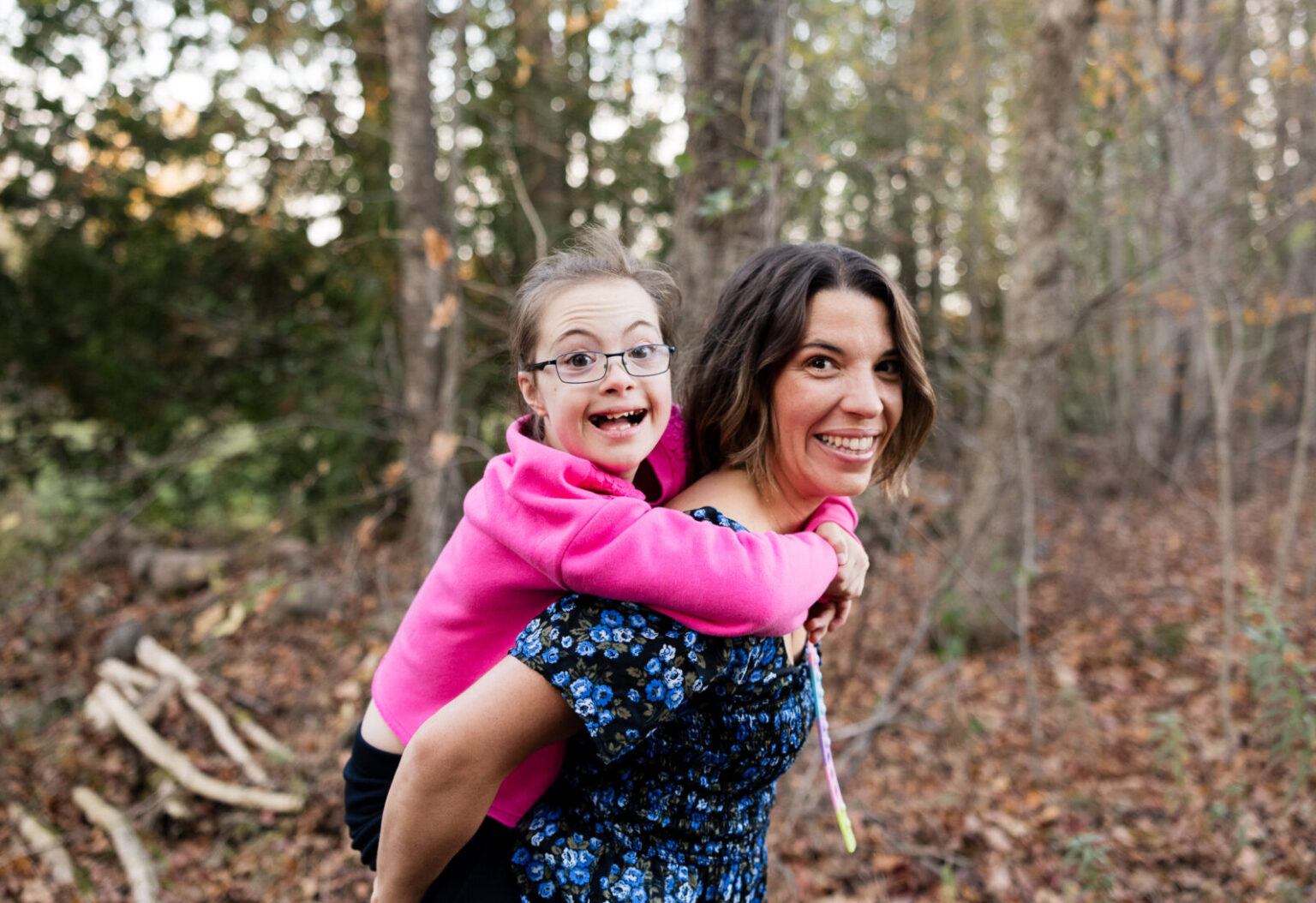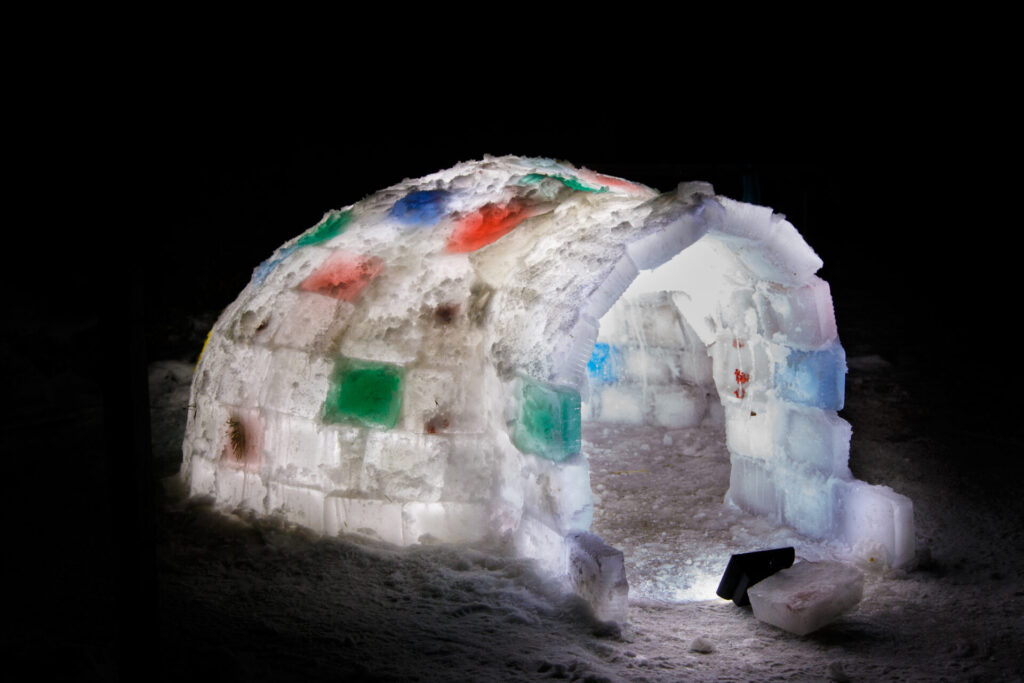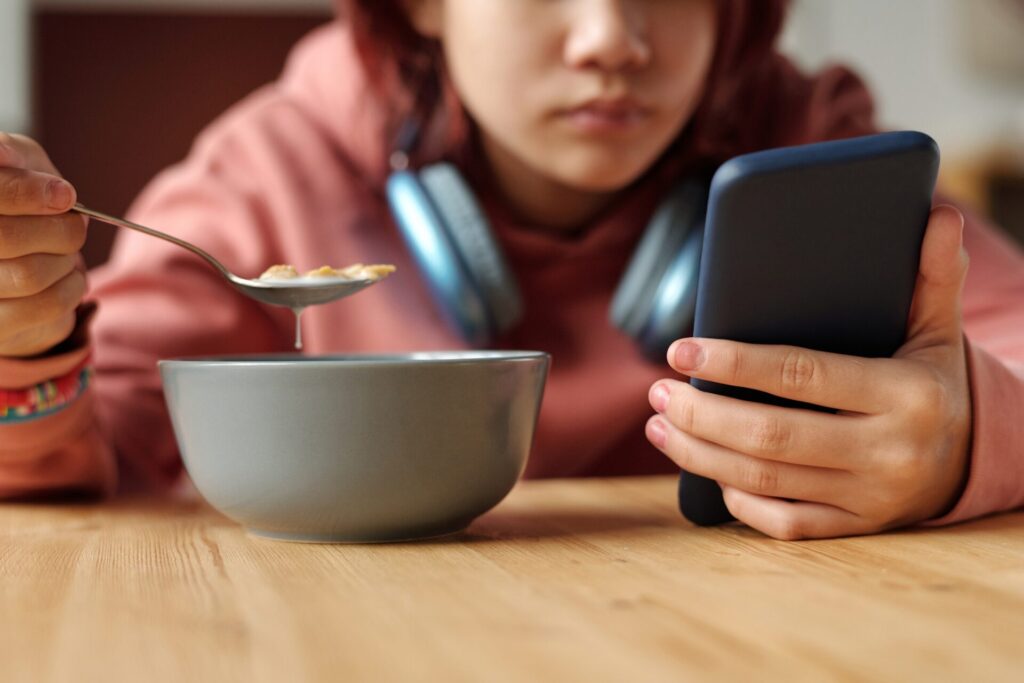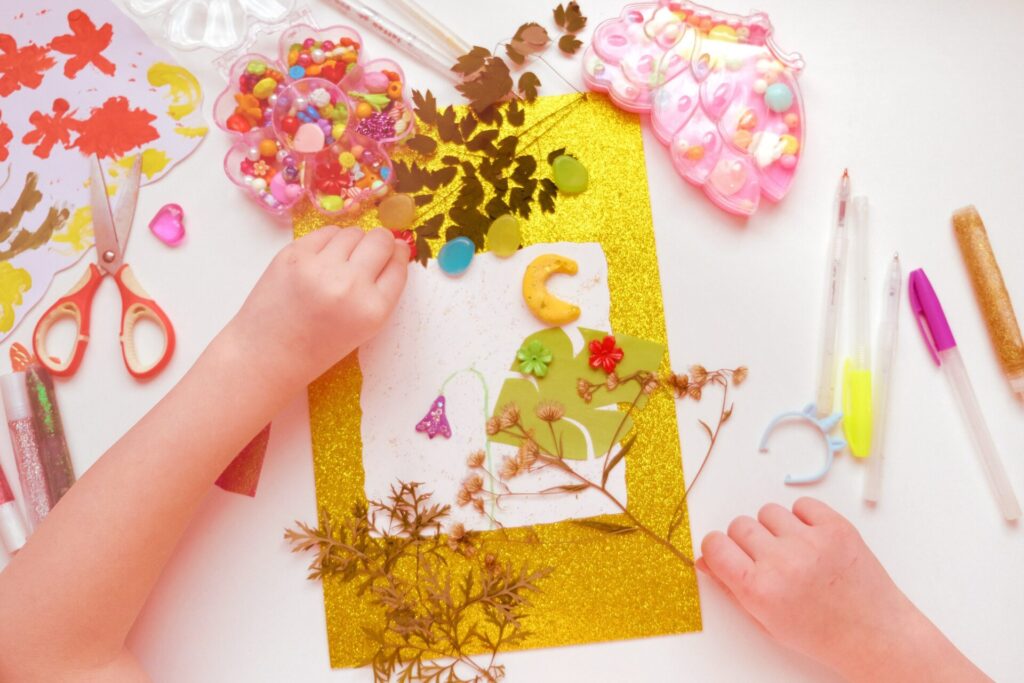Writer Adelle Purdham reflects on how becoming a mother to a child with Down syndrome—her daughter Elyse—challenged her beliefs about disability and forced her to confront her own internalized ableism.
On a long dog walk early on in our relationship, my husband and I imagined the possibility of children together. Who would they look like? What if we had twins? And, oh, what if the baby had “special needs”? (This was the term we used at the time.)
“Well, it would be our child—wouldn’t it?” my husband said, and I breathed a sigh of relief because I agreed. I didn’t know how important and relevant that early conversation would be.
At 27 years old, I gave birth to my first daughter, Ariel, who is neurotypical and able-bodied. I was confident and comfortable in my role as a parent, and I loved being Ariel’s mom. Why not have another baby?
At the time, I held onto my long-ago assertions that were, in theory positive, towards disability. It was fine for someone else to give birth to a child with Down syndrome, but not us, not me. That last bit I kept inside my head. I held ideas about what it meant to be disabled, and I thought that if I kept myself and those that I loved separate from that category of being, that I could somehow avoid disability.
I also engaged in black and white thinking: To be disabled was a bad thing; to be able-bodied was desirable. I rode the highest of horses, and I didn’t allow for the truth of our humanity, which is that we exist on a vast continuum in shades of gray. Every person’s value is inherent.
I viewed myself and my way of being in the world as an able-bodied person as superior, and this is what internalized ableism looks like.
Ableism is the belief that an abled body is better; it’s discrimination based on disability.
The Reality of Disability
I have since learned that one billion people, or about 15 percent, of the world’s population are disabled; that we arrive on this earth and often leave it disabled and dependent on others; and that disability is simply part of the human condition. I believe in our interdependency—we need one another, and our survival as the human species is dependent on diversity, and, I would argue, empathy and care for one another.
But I didn’t know any of that when at 28 years old, I gave birth to my second daughter, Elyse, who has Down syndrome.
Giving Birth to My Child with Down Syndrome
During my pregnancy with Elyse, I went through a range of emotions. I was grieving the loss of the typical baby I was expecting.
But once I held newborn Elyse in my arms, her tiny finger curled around my pinkie finger and I inhaled her milky scent, I saw she was everything a baby should be. Her adorableness contrasted with the negative images I held in my head about disability. And two things could not be true at once: I couldn’t both love my daughter and be sad that she was here. So, I chose love. I began to interrogate all the negative feelings I’d been wrestling with after conceiving a child with Down syndrome. Where did those feelings come from?
Lack of Representation is Ableism
When Elyse was still a baby, I took her to my local bookstore to search for a book written by a Canadian young mom like me who had given birth to a baby with Down syndrome. I was looking to learn from the experience of another parent. Not only did that book not exist (on the shelves or online), but there were no books about Down syndrome in that entire bookstore (and it was huge). The absence of books on the shelves spoke to me about how society treats individuals with Down syndrome and disability—like they’re invisible. I felt like nobody cared.
This is one simple example of what societal ableism looks like. A lack of representation is ableism.
Lived Experience and the Importance of Self-Advocacy
Learning and unpacking the ways I’ve internalized ableism is an ongoing process, but I know that if society is going to change its perceptions of people with Down syndrome like my daughter, then that change needs to begin with me.
In 2015, when Elyse was still a toddler, I attended the World Down Syndrome Congress in Chennai, India, with the intention of bringing back information that would help other families and individuals with Down syndrome in my community. I’m going to save every last one of those babies with Down syndrome, I thought. This is an ableist, saviour mentality.
“We Deserve to Live”
At the conference, I was ushered into a session where South African Sheri Brynard, the world’s first qualified teacher with Down syndrome, was speaking; she had been named South Africa’s Woman of the Year that year. She talked about her life with poignancy and grace. She joked about the boys who used to tease her on the school playground, and said she would threaten to “give them her Down syndrome” and “that shut them up.” The audience laughed. But it was the moment when she spoke about the value of her own life that gave me chills. She was small in stature, but her voice was fierce when she said, “People like me are aborted. We deserve to live.” Up until that point, I had no idea that a person with Down syndrome could advocate for their own life like that. I thought I was the one there to learn who was going to go back and help people with Down syndrome, but it was Brynard, a woman with Down syndrome, who had so much more to teach me in that moment than I ever had to teach her. I learned that people with lived experience, self-advocates, are the experts on their reality, and that individuals with Down syndrome don’t need to be saved, they need to be supported and listened to.
Becoming an Ally
Elyse is now 12 years old, and she is the middle child of three girls. It took me 11 years, but I wrote the book that I needed all those years ago, about being a parent to a child with Down syndrome, that was absent from the shelf. I wrote I Don’t Do Disability And Other Lies I’ve Told Myself not to tell my daughter’s story—she will do that in her own way when she’s ready—but to share my story as her mother. I am writing to make myself and my daughter seen, and to confront my own ableism. I am writing to reclaim the narratives on disability parenting and to share my lived experience and true and accurate representations of people with disabilities and those who parent them on the page.
That is what being an ally looks like.










